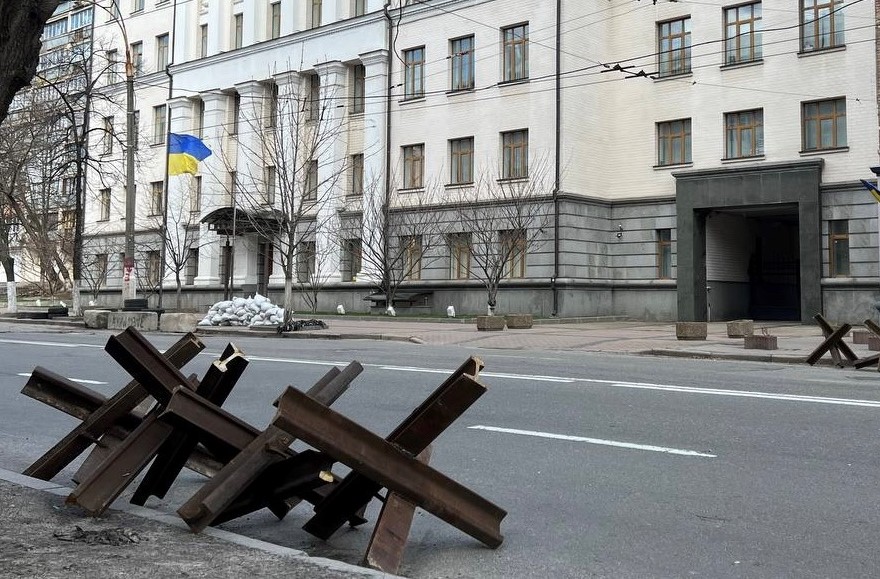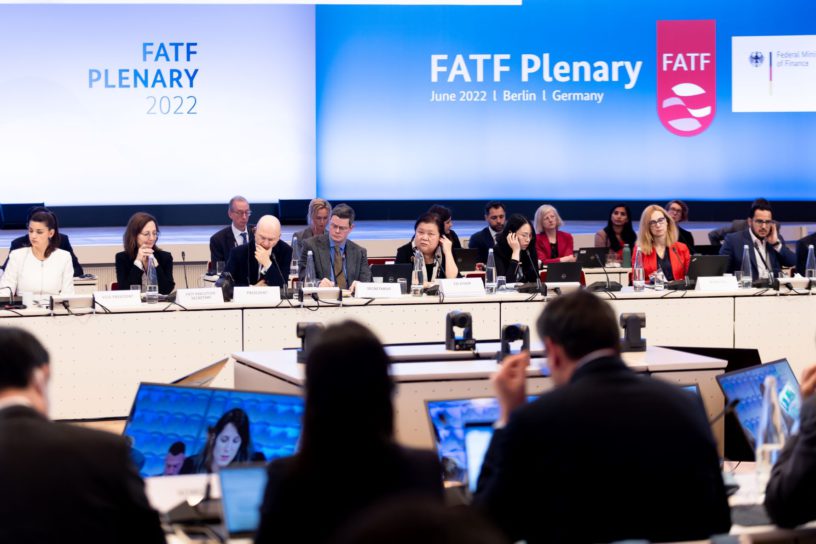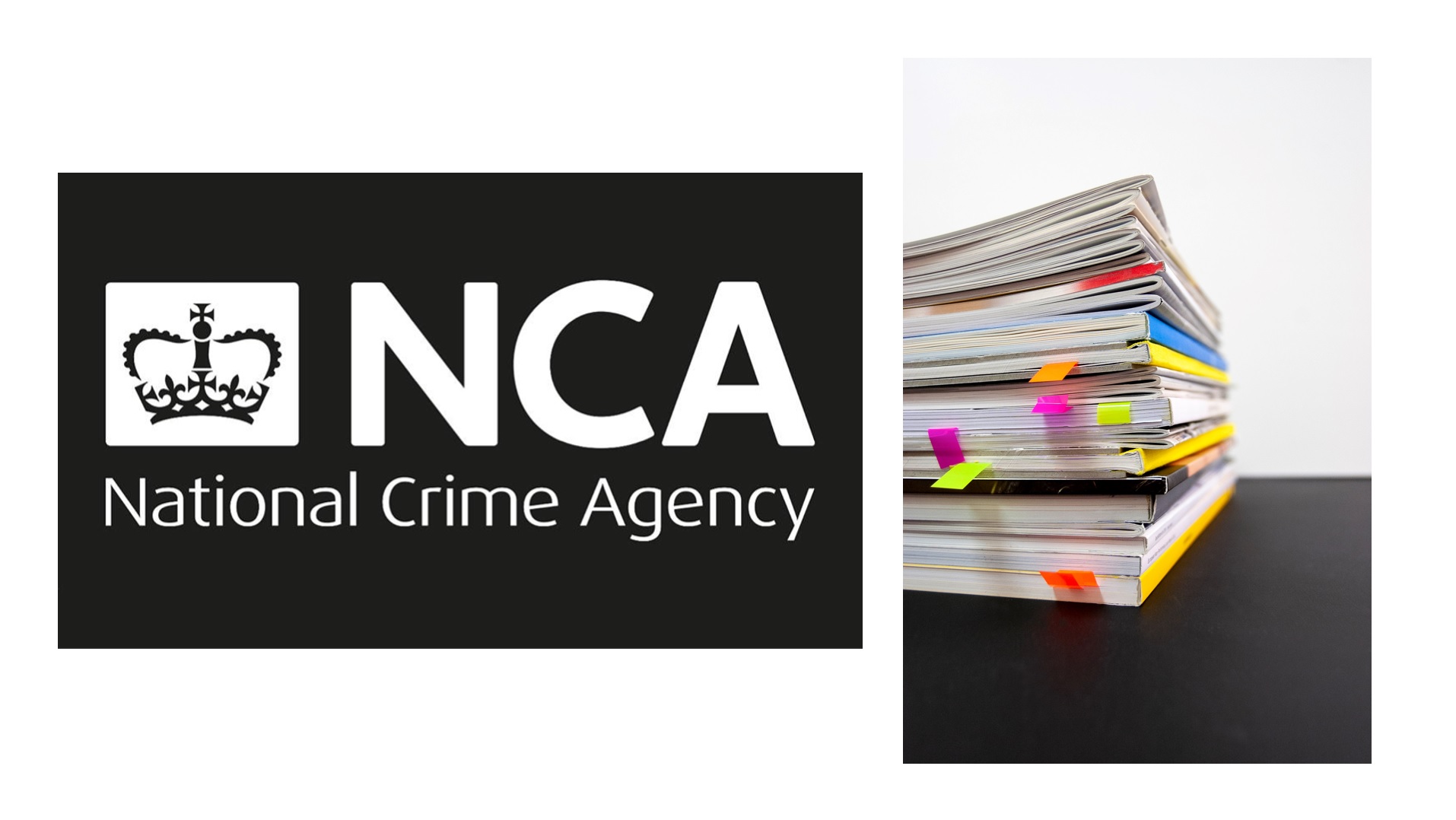
By Igor Cherkaskyi
Head of the State Financial Monitoring Service, Ukraine
LATER THIS MONTH the Financial Action Task Force (FATF) will meet at the regular Plenary session in Paris. The Group will focus on the protection of the international financial system from risks emanating from rogue states and bad actors.
In the context of the ongoing military aggression of the Russian Federation against Ukraine, the FATF is expected to respond to the enormous risks of money laundering, terrorist financing and proliferation financing emanating from Russia.
At the “institutional” level, the FATF has already assessed Russia’s actions. Referring to the fact that the actions of the Russian Federation “unacceptably run counter to the FATF core principles and represent a gross violation of the commitment to international cooperation and mutual respect”, FATF made an unprecedented decision and suspended Russia’s membership in February 2023. At the same time, the Global Network members are still waiting for the FATF “technical” response, which is being developed.
The statement on suspension mentions concerns about the reported arms trade between the Russian Federation and UN-sanctioned jurisdictions, as well as malicious cyber activities emanating from Russia.
However, FATF’s existing technical procedures envisage that the existing threats, vulnerabilities or specific risks arising in a jurisdiction in the anti-money laundering, counterterrorism financing and counterproliferation financing (AML/CFT/CPF) area are the basis for its review and inclusion in the List of High-Risk Jurisdictions (“black” or “grey” list).
‘Russia has not improved its behaviour since the FATF membership suspension and, on the contrary, has intensified its efforts to undermine global financial security and collaborative efforts to counter money laundering, terrorism and proliferation financing’
Thus, in continuation of the objective rhetoric regarding the “institutional” recognition of risks, the next steps could potentially be to formalize this process by recognising and recording Russia’s inherent threats, vulnerabilities, or specific risks for the international financial system.
Using geopolitical differences, Russia and jurisdictions that are neutral or supportive of the Kremlin, try to “politicize” the process of identifying Russia’s technical inconsistencies with the FATF standards.
Ukraine, however, is presenting pure facts.
Russia has not improved its behaviour since the FATF membership suspension and, on the contrary, has intensified its efforts to undermine global financial security and collaborative efforts to counter money laundering, terrorism and proliferation financing.
The existence of significant elements of these risks posed by Russia, which are recognized and confirmed by the FATF itself, the UN General Assembly, international organizations, individual jurisdictions, and the public sector, cannot be ignored in whatever political environment they may come together.

FATF procedures themselves do not provide an alternative to responding to specific risks. FATF’s credibility depends on its effectiveness and rapid reaction to such identified risks.
Therefore, in parallel with the “institutional” assessment by the FATF, it would be fair to expect the “technical” assessment of the risks posed by Russia.
Last week, Russia destroyed the Nova Kakhovka dam in southern Ukraine, causing one of the largest man-made disasters in Europe in decades. This is an ecocide that can be equated to the use of nuclear weapons in terms of its scale and damage (apart from radiation).
‘the risks Russia poses to global financial security are multifaceted and go far beyond Ukraine – from financing of terrorist organisations operating in Africa and exporting corruption to Western institutions to using crypto for money laundering and illicit activities financing’
The Russian Federation has already brazenly violated the rules-based world order by launching an aggressive, unprovoked, full-scale invasion of Ukraine.
However, the risks Russia poses to global financial security are multifaceted and go far beyond Ukraine: from financing of terrorist organisations operating in Africa and exporting corruption to Western institutions to using crypto for money laundering and illicit activities financing.
As we continue to witness unprecedented exponentially growing risks for the AML/CFT/CPF system posed by Russia, the opportunity to take further unprecedented steps opens up. Russia was included on the FATF blacklist in 2000, although it posed a far lesser threat to the world and global financial security then.
Taking into account the substantial expertise of the FATF and its ability to disentangle complex issues of AML/CTF/CPF based on trust and mutual respect within the international community, there is no doubt that whatever further decisions are made, they will be aimed at returning to peace and security and restricting malign actors’ ability to infiltrate and poison the global financial system.
- FATF meets in plenary session in Paris between June 21-23 June next








